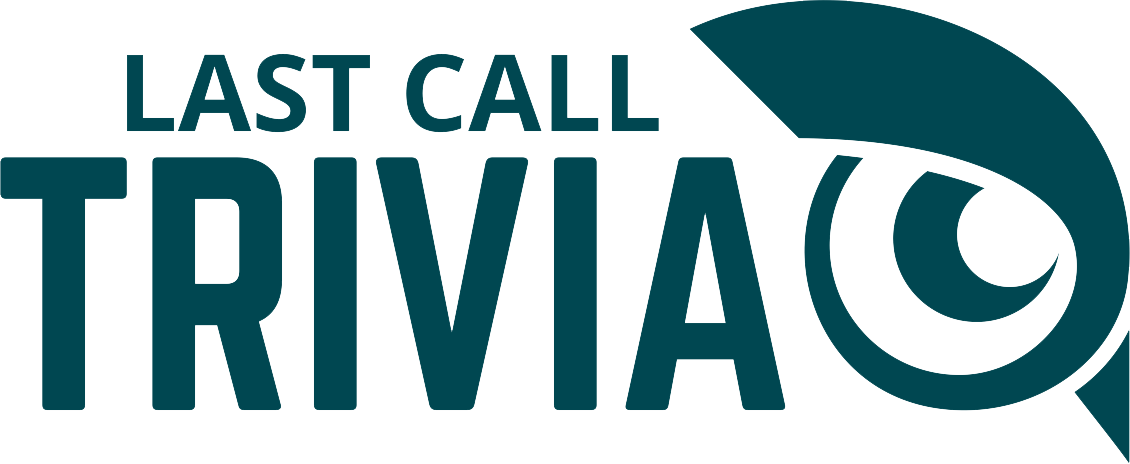Read the room
When hosting Trivia for bars, you’ll probably find yourself reading the “vibe” of the room and making minor adjustments throughout the evening based on what you see. This intuition is a vital component to running a successful Trivia Night. However, don’t make the mistake of thinking that this is a substitute for feedback directly from the players and bar owner.
Asking for feedback shows that you care about the experience of your audience and that you take your role seriously. It also helps build a relationship with the players, which in turn, creates a following for your Trivia Nights.
At first, it may feel unnatural to approach people for feedback. But the insight that you can gain is well worth the initial awkwardness. So, how can you ask for feedback that will provide meaningful take-aways to improve your future Trivia Nights? Below are some tips to help keep you on the right track.

Focus on the future
Rather than asking what you “did wrong” during the current show, ask what your players would like to see more of in the future.
People often find giving negative feedback uncomfortable, so focusing on the positive increases the chance that you will receive an honest response.
In addition, it’s also likely to give you an actionable response. For example, “I’d love more pop culture related questions,” or “I’d like to hear some 80s music in the playlist.”
Ask for (and accept) honesty
When asking for feedback, make it clear that you appreciate honest answers. As you’re speaking with players, let them know that you enjoy having them at your Trivia Night. Also, express that your goal is to make their experience as fun as possible.
When approaching bar owners, show that you value their business and are committed to continue earning it with each show. Accept feedback without getting defensive, and remember that customers who provide feedback are giving you the opportunity to improve.

Write down comments
Immediately after you receive feedback, write down the comments. This makes it easy to keep track of any trends, and it allows you to measure your own progress.
By taking the feedback you receive seriously and making the necessary adjustments, you show the players that you value their opinion and are committed to putting on a great Trivia Night.
In the same vein, it also shows bar owners that you are professional and trustworthy.
Follow up
Even if it doesn’t always feel like it, feedback truly is a gift. It allows you to improve and fine-tune your Trivia Night to reach its maximum potential. Therefore, it’s important to take feedback seriously and to follow up with players who have passed it along. This doesn’t always have to be a formal process. For instance, it can be as simple as “Hey Tim, I added some Elton John to the playlist for you this week. It was a hit, let me know if you have any other requests!” Show players that you’re listening and that you appreciate them.

Know when to take it with a grain of salt
Of course, not all feedback that you receive will be constructive. Remember that Trivia players are often drinking, and sometimes the combination of alcohol and competition causes an outburst.
While diffusing the situation and getting the game back on track should be your number one priority, keep in mind that not all criticism will be valid.
Feedback is a critical component to improving your Trivia for bars and making them exceptional. Don’t be afraid to ask players about their experience and take every comment as an opportunity to improve. This will take you one step closer to establishing your Trivia Nights as the gold standard. Which, in the age of social media, is priceless marketing!

